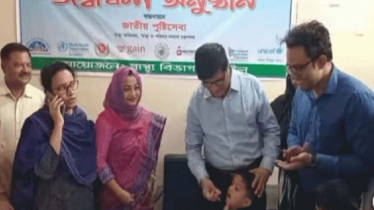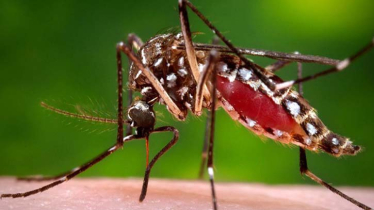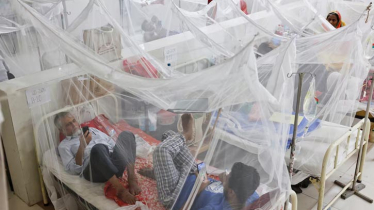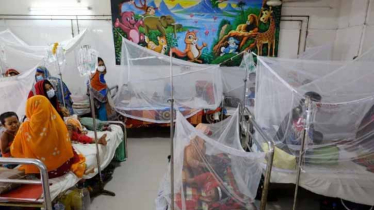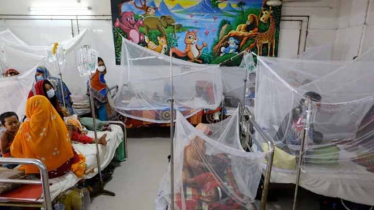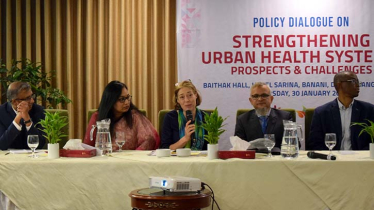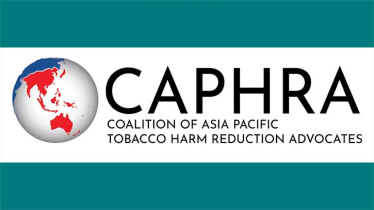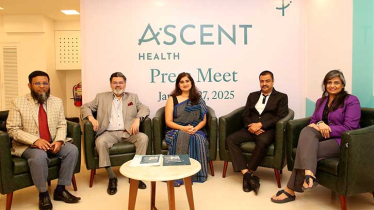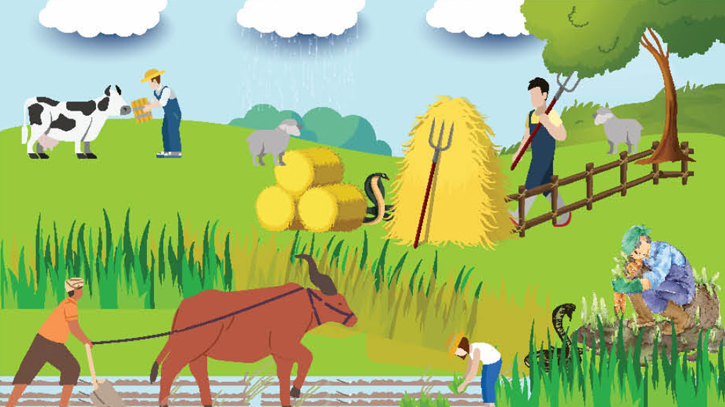
Photo : Messenger
As the infestation of venomous snakes is alarmingly on the rise across the country – especially during the monsoon season – the Directorate General of Health Services (DGHS) has decided to purchase antivenom at district and upazila levels from next year in a bid to ensure prompt treatment.
According to the new decision, the Deputy Commissioners (DCs) will assist in purchasing the antivenom with the support of a civil surgeon and distribute it among the district hospitals and upazila health complexes in the area.
Given the current scenario of snake biting, the DGHS provides only 20 antivenoms in Upazila health complexes, 50 in sadar hospitals, and 100 antivenoms in medical colleges, which is remarkably inadequate as a single patient needs 10 antivenoms.
"As the demand for antivenom has been high in recent years, the DGHS has decided to procure this essential item at district and upazila levels to increase its availability and initiate treatment quickly," said an official of the DGHS.
The DGHS also buys antivenom to cover disaster periods, providing additional support as Bangladesh is heavily import-dependent and does not yet have its own homegrown antivenom.
"The annual demand for antivenom in Bangladesh has increased due to the rise in snakebite incidents. In FY 23-24, a number of 30,000 vials of antivenom will be purchased as the incidents of snakebite increased this year. 10,000 vials have already been bought at a rate worth Tk 1000, but the rest will cost Tk 1400," Dr. Nusaer Chowdhury, deputy manager of the Emergency Preparedness and Response Programme of non-communicable disease control of the health directorate, told The Daily Messenger.
Antivenin, or antivenom, is used to treat snakebite victims in the country. Primarily imported from India, this antivenin cannot fully and effectively neutralize the venom of local species of snakes.
Due to the variation in venom among and within different species of snakes, antivenin is most effective when it is produced from the venom of local snakes. No antivenom is produced locally yet this year, despite high rates of snakebites and deaths, specifically from Russell’s viper in the country.
Professor Anirudha Ghose, principal investigator at the Venom Research Centre Bangladesh, a government-funded initiative, said, “It takes a long time to make antivenom, and we are working hard to make antibodies, especially against Russell’s viper’s bite. We have honed in on making Russell Vipers antibodies as soon as possible because the frequency of its bite has increased many folds in the last few years.”
“Normally, the process involves making antibodies at first and then making antivenom, which takes at least one year to complete,” he added.
It is known that the state-owned Essential Drugs Company Ltd will produce the antivenom in Gopalganj. Around 4.03 lakh people are bitten by snakes every year in Bangladesh, and 7,511 of them die from the injury, according to a national government survey in June. Most snakebites that occur during the monsoon season are associated with fieldwork-related activities.
One-fourth of snakebite incidents in the country involve venomous snakes, according to a study titled ‘National Survey on Annual Incidence and Epidemiology of Snakebite in Bangladesh,’ conducted by DGHS, released in June 2023.
Messenger/Saifunnahar/Disha

